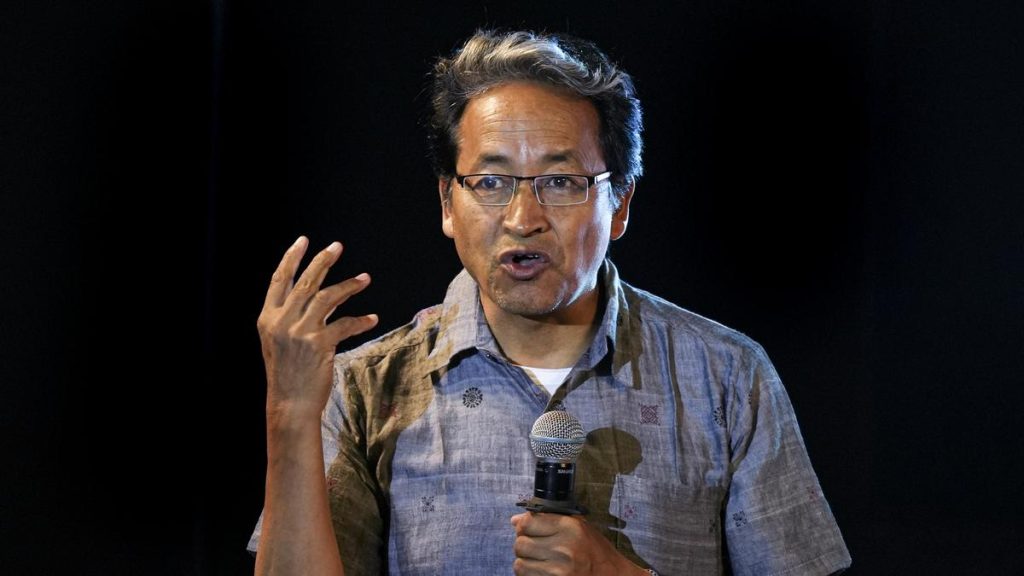Now Reading: Environment Department Urges Public to Use Eco-Friendly Clay Idols for Immersion
-
01
Environment Department Urges Public to Use Eco-Friendly Clay Idols for Immersion
Environment Department Urges Public to Use Eco-Friendly Clay Idols for Immersion

Swift Summary
- The Karnataka government issued an order on September 15,2023,banning the manufacture,transportation,sale,and disposal of Plaster of paris (PoP) idols under Section 33(A) of the Water Pollution (Prevention and Control) Act,1974.
- The High Court of Karnataka recently urged strict implementation of this ban and encouraged immersion of eco-friendly clay idols in water bodies.
- Environment Minister Eshwar Khandre highlighted the hazards associated with pop idols including contamination from mercury, cadmium, lead, and other elements that harm human health and aquatic life.
- A petition filed by the Karnataka State Pollution control Board led to judicial intervention supporting enforcement measures against PoP idols.
- Despite the ban in Karnataka, PoP idols continue to be sold due to manufacturing in neighboring states. Experts recommend stringent penalties for manufacturers and also interstate cooperation to address this issue.
- Environmental activists advocate for continuous monitoring throughout the year rather of focusing only during festivals.
indian Opinion Analysis
The High Court’s directive reinforces environmental considerations as central to policymaking during culturally notable periods like festivals. The detrimental effects mentioned-chemical pollution affecting livestock and aquatic ecosystems-highlight why proactive enforcement is necesary. While authorities have taken steps such as banning manufacturing within state borders under legal frameworks like Section 33(A),challenges remain due to cross-border supply chains.
The suggestions made by experts about imposing penalties on manufacturers and engaging neighboring states underline practical ways forward. These measures could possibly curb unchecked availability while promoting responsible practices among communities participating in festival traditions.Continuous vigilance beyond festive seasons also appears critical for sustained impact.
From a broader perspective, balancing ecological duty with cultural practices will likely require multipronged efforts involving legal enforcement alongside public awareness campaigns emphasizing safer alternatives like eco-friendly clay idols.
Read more: Source Article

























